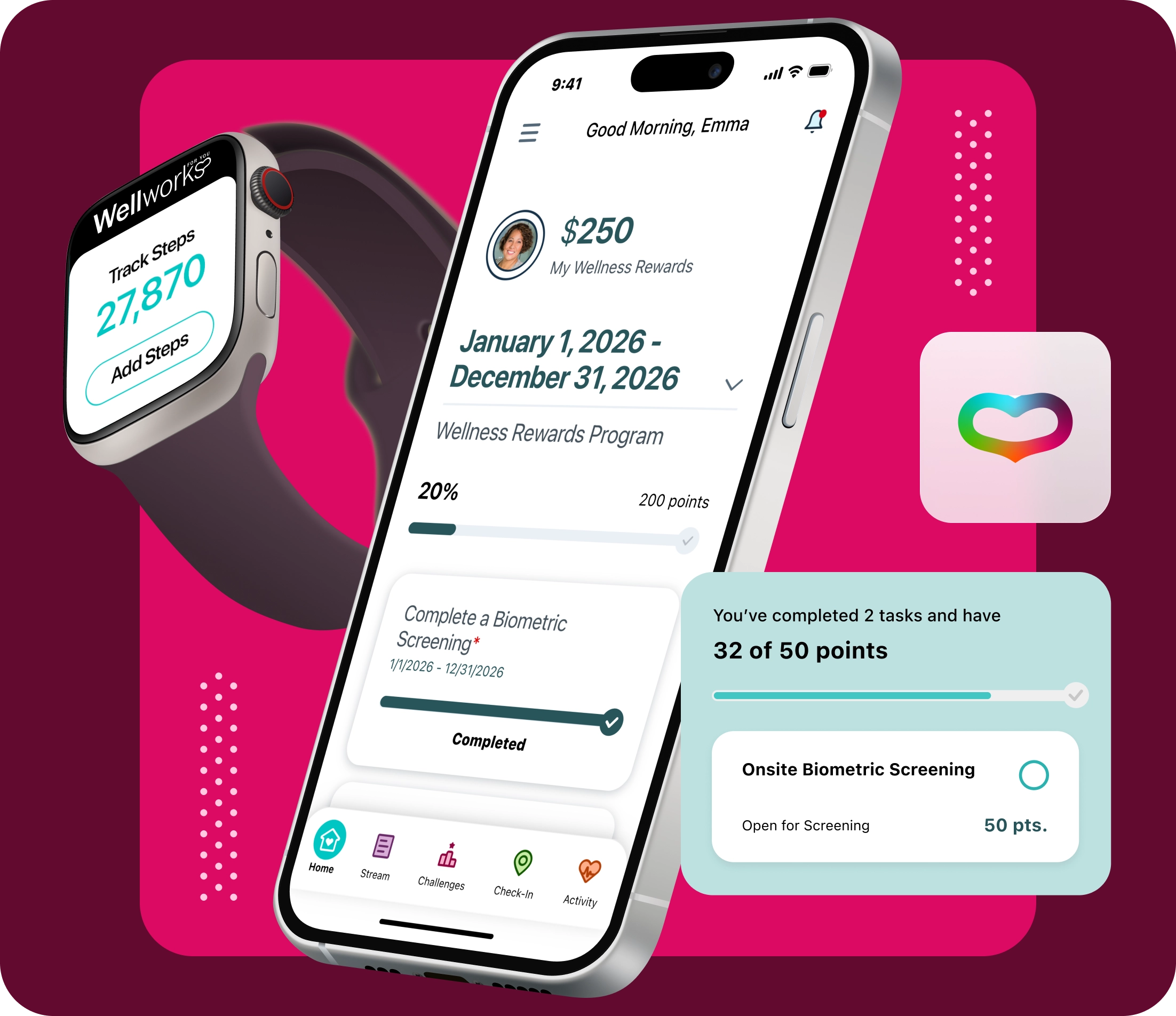
Genetic Testing Tools for Cancer Risk Reduction
Empowering Your Health During Breast Cancer Awareness Month
As we observe Breast Cancer Awareness Month this October, it’s the perfect time to empower ourselves with tools that can help reduce cancer risks. Understanding how gene testing and other advanced screening technologies can support risk management is a crucial piece of this puzzle. As part of a comprehensive approach to health, these tools can help you take proactive steps toward cancer prevention and early detection.
Breast Cancer Screening and Risk Reduction Guidelines
Breast cancer is one of the most prevalent cancers among women, and following recommended screening guidelines is key to early detection. The American Cancer Society recommends that women aged 45-54 receive annual mammograms, while women 55 and older can switch to biennial screenings or continue with yearly exams. However, for women at higher risk due to factors such as family history, breast density, or genetic predispositions like BRCA mutations, more frequent screenings may be necessary.
Breast density is an important factor in breast cancer risk and detection. New medical guidelines recommend that women with dense breast tissue discuss supplemental imaging options with their doctors, such as ultrasounds or MRIs, which can better detect abnormalities in dense tissue.
Alongside regular screening, adopting lifestyle changes—like maintaining a healthy weight, limiting alcohol consumption, and staying active—can further reduce breast cancer risk. But beyond traditional prevention strategies, advanced technologies like genetic testing can offer personalized risk assessments, leading to more targeted prevention plans.
Genetic Risk and Screening Technologies: What You Need to Know
While traditional risk factors like family history, lifestyle, and age play a role in cancer risk, genetic testing provides additional insights. Tests like geneType can help identify a genetic predisposition to breast cancer, as well as other cancers such as ovarian, prostate, colorectal, and melanoma. In about 10 minutes, you can fill out a questionnaire and have a DNA collection kit shipped to your home. The results provide a detailed genetic risk profile and help tailor screening and prevention recommendations to your specific needs.
GeneType uses a combination of genetic data and traditional risk factors to offer a clearer picture of your risk for diseases. For breast cancer, tools like the Breast Cancer Risk Assessment Tool (BCRAT), also known as the Gail Model, and the Breast Cancer Surveillance Consortium (BCSC) Risk Calculator help assess the likelihood of developing breast cancer over the next five years. These tools take into account genetic mutations like BRCA1/2 and other family history factors, helping refine your risk profile.
What are the Pros and Cons of Genetic Risk Assessment Technologies?
As powerful as genetic testing can be in cancer risk management, it’s essential to consider both the pros and cons.
Pros:
- Personalized Screening Recommendations: Gene testing provides a customized approach, helping you and your healthcare provider decide when and how often to screen for specific cancers.
- Early Detection: For individuals at higher genetic risk, increased screenings or additional tests such as MRI or ultrasound can lead to earlier cancer detection, improving treatment outcomes.
- Comprehensive Risk Profile: Genetic tests like geneType cover multiple cancers, helping you understand your overall health risks, beyond just breast cancer.
- Access to Genetic Counseling: With geneType, you’ll also have access to a genetic counselor who can help interpret your results and guide your next steps.
Cons:
- Cost: Genetic testing can be expensive. While services like geneType are accessible for around $349, this might still be a financial barrier for some.
- Psychological Impact: Learning about a heightened genetic risk can cause anxiety and emotional stress, even if cancer does not develop.
- Insurance and Privacy Concerns: Some individuals may worry about how genetic test results could impact insurance coverage or privacy, though laws like GINA (Genetic Information Nondiscrimination Act) help protect against discrimination based on genetic information.
Advancements in Cancer Screening
As screening technologies evolve, new methods such as liquid biopsies and multi-cancer early detection are becoming more widely available. These non-invasive tests analyze blood samples to detect fragments of tumor DNA, making it possible to identify multiple types of cancer at an earlier stage. While these tests are still relatively new, they hold great promise for improving early cancer detection, especially for individuals at high genetic risk. By incorporating genetic testing, liquid biopsies, and traditional screening methods, individuals have access to a more comprehensive cancer prevention toolkit than ever before.
How Can Wellworks For You Can Help with Cancer Prevention and Early Detection?
At Wellworks For You, we provide a range of services and resources that support cancer prevention, detection, and overall health management. Our wellness portal is designed to keep employees informed and proactive about their health through age-appropriate screenings, diagnostic tests, and educational tools. By tracking important preventive screenings such as mammograms, colonoscopies, and skin cancer exams, we help ensure employees stay up to date on tests that can detect cancer early.
Our platform integrates with biometric screenings and allows participants to track physician result forms, helping them stay engaged with their health. Additionally, our health coaching programs and targeted education courses provide personalized guidance to employees at every stage of their health journey, whether they are managing risk factors or seeking preventive care.
Taking Proactice Steps for Cancer Risk Reduction
The need for proactive cancer risk management has never been more essential, especially given that Gen X and Millennials—who represent 66% of today’s U.S. labor force—are at a higher risk of developing 17 different types of cancer than previous generations. Studies by the American Cancer Society suggest that healthcare systems may not be fully prepared to manage these rising cancer risks, making it vital for individuals to take charge of their health and prioritize prevention.
While genetic testing tools like geneType offer valuable insights into your risk for cancers like breast, ovarian, prostate, and more, they are not a replacement for routine check-ups and preventive screenings. These tests should complement—not substitute—the advice and care provided by your healthcare professional. Routine screenings, such as mammograms, colonoscopies, and other age-appropriate tests, are still the most reliable ways to detect cancer early.
Consult your doctor regularly to receive personalized health advice based on your specific risk factors. As always, education is the key to making informed decisions about your health. This October, as we recognize Breast Cancer Awareness Month, we encourage you to explore all available options—from traditional screenings to cutting-edge tools like GeneType—and take proactive steps toward cancer prevention.
Want to dig deeper? Learn more about genetic testing and screening options in the geneType Learning Center.
Ready to Get Started?
To learn more about what Wellworks for You can offer, please fill out this form and one of our trusty team members will be in contact with you shortly. We can’t wait to meet you!




